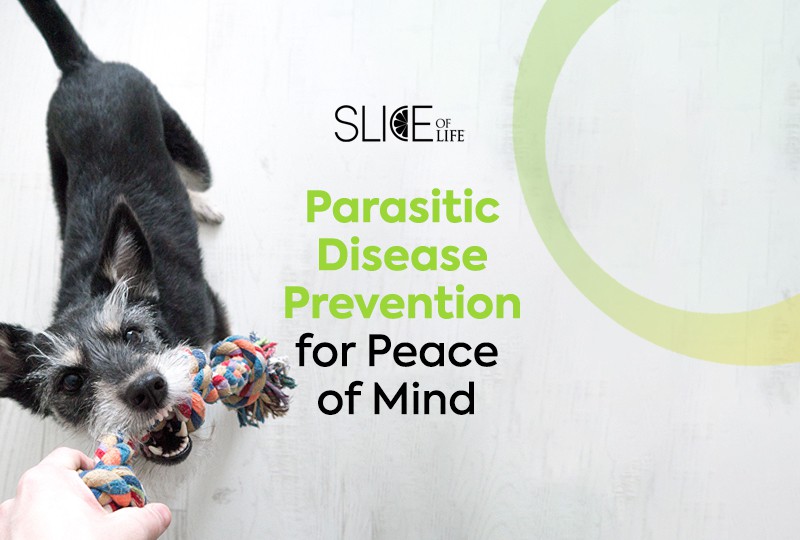For those of us that live an active lifestyle spending a fair amount of time outdoors, as well as those of us with pets or spending time around animals, parasitic infection from insects or other sources can pose a threat to our health. A few simple preventive measures can go a long way to keeping ourselves and loved ones safe as we continue to enjoy the beautiful world around us. Healthline lays out the basics of prevention in their article “Parasitic Infections.”
So, what exactly is a parasitic infection? Simply put, a parasitic infection can occur when a parasitic organism, such as fleas, ticks or mosquitos, find a way to live off a host organism. Unfortunately, these host organisms can often be ourselves, our loved ones or beloved pets. They can be sneaky, sometimes living unnoticed. Other times, they can grow or reproduce in the body, possibly attacking organ systems that result in illness for the host.
Parasitic infections are especially ubiquitous in tropic and subtropical regions of the world. Malaria is the one of the deadliest and most-well known parasitic diseases, often passed through mosquito bites and commonly diagnosed in tropical areas. But parasitic infections definitely affect us in the U.S. as well.
Four common parasitic infections in the U.S. include trichomoniasis, giardiasis, cryptosporidiosis and toxoplasmosis.
Basic steps to prevent parasitic infections
There are some simple and easy steps you can take to protect yourself, some of which seem obvious and some that may surprise you.
- Some parasitic infections are sexually transmitted, so practice safe sex practices, such as using a condom.
- Wash your hands regularly and thoroughly, especially after handling uncooked food or coming into contact with feces.
- Cook food completely to its recommended internal temperature. Use a meat thermometer for meat when uncertain.
- Drink clean water and make a point to bring your own water in a clean, reusable water bottle when traveling.
- Avoid swallowing water from lakes, streams or ponds.
- Be careful around cat litter and feces, especially if you are pregnant.
- Consider using citronella or other natural bug repellents.
- Check yourself periodically for ticks, especially after hiking or camping.
Pets and the possibility of Hookworm
Hookworm is a parasitic infection spread through contact with soil that contains its larvae. In the U.S., hookworm is most commonly passed to people indirectly by infected pets through direct contact with contaminated dirt with which a pet has interacted. Hookworm is not fun, to say the least. The larvae will travel through the bloodstream and lungs before settling into the small intestine, living there for up to a year before passing and causing symptoms such as diarrhea, cramping and more.
Protect yourself by making sure your pets are vaccinated and dewormed. Also, don’t go barefoot outdoors where your pets might “do their business.” And as with other parasitic prevention techniques, wash your hands, drink safe water and cook and clean up food properly. Here’s to a healthy and happy future, with a good dose of prevention.
Slice of LIFE is an invitation to and extension of everything happening at Life University. Whether you are a current student, a potential freshman or a proud alum, Slice of LIFE can help keep you connected to your academic community. Know of a compelling Life U story to be shared, such as a riveting project, innovative group or something similar? Let us know by emailing Marketing@life.edu.


Social Media